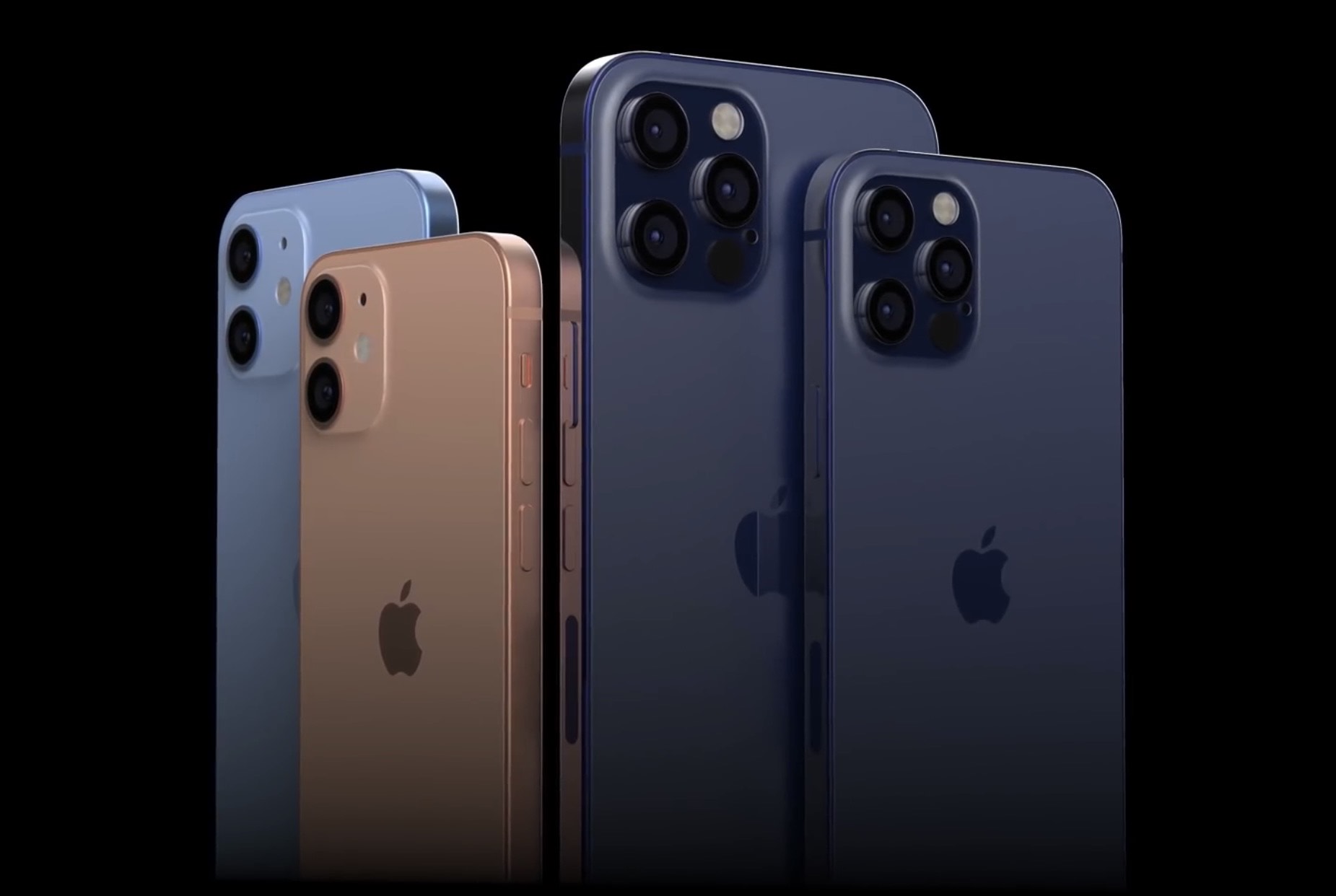Are iPhone VPNs legal?
See if you could find yourself in trouble for using an iPhone VPN

If you use an iPhone VPN service, all the data you send over the internet when using your phone is encrypted. This improves your browsing privacy and security, and the best VPN services for iPhone enable you to connect through your choice of hundreds or even thousands of servers around the world.
You can use a VPN to anonymously stream geo-blocked content, circumvent content blocks put in by your internet service provider or government, evade advertising trackers, and share files with others over BitTorrent. As your internet service provider can’t tell what you’re doing online, you can also usually avoid any connection throttling, potentially making your internet service faster.
All of this may sound great, but is it legal? This article examines the laws regarding VPNs, especially those on your iOS device.
Are iPhone VPNs used for criminal activities?
At its most simple, all a VPN does is encrypt your data over a network. Governments, large companies, and private individuals use VPNs to complete tasks online securely and privately. It’s perfectly legal to use one.
One reason VPNs get a bad name is that they can be used to help hide illegal online activities. A VPN could be used by a person who wanted to hide that they were sharing copyrighted files online from their internet service provider, for example. It’s also a useful tool for those who break the law, such as hackers or software pirates. But iPhone VPNs can be used for legal purposes too.
How does a VPN help with privacy and security?
Legally, you can use a VPN on your iPhone to keep all your data safe from attack. When you browse the internet on your phone, most of the data being sent back and forth is visible to all servers along the network. This data could be used to identify you. But with a VPN, you regain your privacy online.
A VPN isn’t a magic bullet for online privacy and security – you still need to take precautions – but having a secure connection online is a great start. When you go to any website or use any app with a VPN switched on, no one will be able to see your true location. Instead, they’ll only see the location of the remote VPN server, which could be in a completely different country than your own.
When is it not legal to use an iPhone VPN?
You can use a VPN on your iPhone in almost all countries around the world without issue. A few countries do have VPN laws – Oman, North Korea, Turkmenistan, and Belarus heavily restrict the use of VPNs, for example, so they’re not legal to use there. However, the regimes in these countries are also restrictive, which means, if anything, VPN use is higher as residents can’t access what they want.
Some other countries have laws on the use of VPNs, but these laws are not strongly enforced in 2020. For example, China is known for its massive internet censorship program. It’s illegal to use a VPN there – on your iPhone or any other device – for the express purpose of circumventing censorship.
In practice, though, businesses operating in China often require access to blocked sites to sell their products internationally. China is looking to curtail the use of unauthorized VPNs (those not regulated by the government), but at time of writing, the use of China VPN services is widespread and mostly overlooked.
When in doubt, check with the laws of the country that you’re visiting. But in the vast majority of cases, as long as you’re using an iPhone VPN for legitimate reasons, you have nothing to worry about.
ExpressVPN is the best iPhone VPN available.
ExpressVPN is the #1 VPN for iPhone. With 3,000+ servers in 94 countries, it's got a huge network, and it delivers great speeds all over – and can even unblock streaming services like Netflix, iPlayer, Peacock, Hulu and more.
ExpressVPN also has one of the strongest levels of security that we’ve ever seen on a VPN, and no logs are stored of your browsing activities. There’s even a Privacy and Security Tools menu on Android, so you can check that your IP address is hidden and that you don’t have any DNS leaks. It’s easy to recommend ExpressVPN as the top Android VPN overall.
You'll have 24/7 live chat support for the unlikely situation that anything goes awry, and you'll also get a 30-day money-back guarantee to test it out. On top of that, Tom's Guide readers can claim three months free on an annual plan. What's not to like?
Get instant access to breaking news, the hottest reviews, great deals and helpful tips.

Richard is a technology writer with over 20 years experience in website development, marketing, and SEO. A graduate in Computer Science, he has lectured in Java programming and built software for companies including Samsung and Walmart. Richard writes for TechRadar, IT Pro, Tom's Guide, and PC Gamer.
 Club Benefits
Club Benefits






